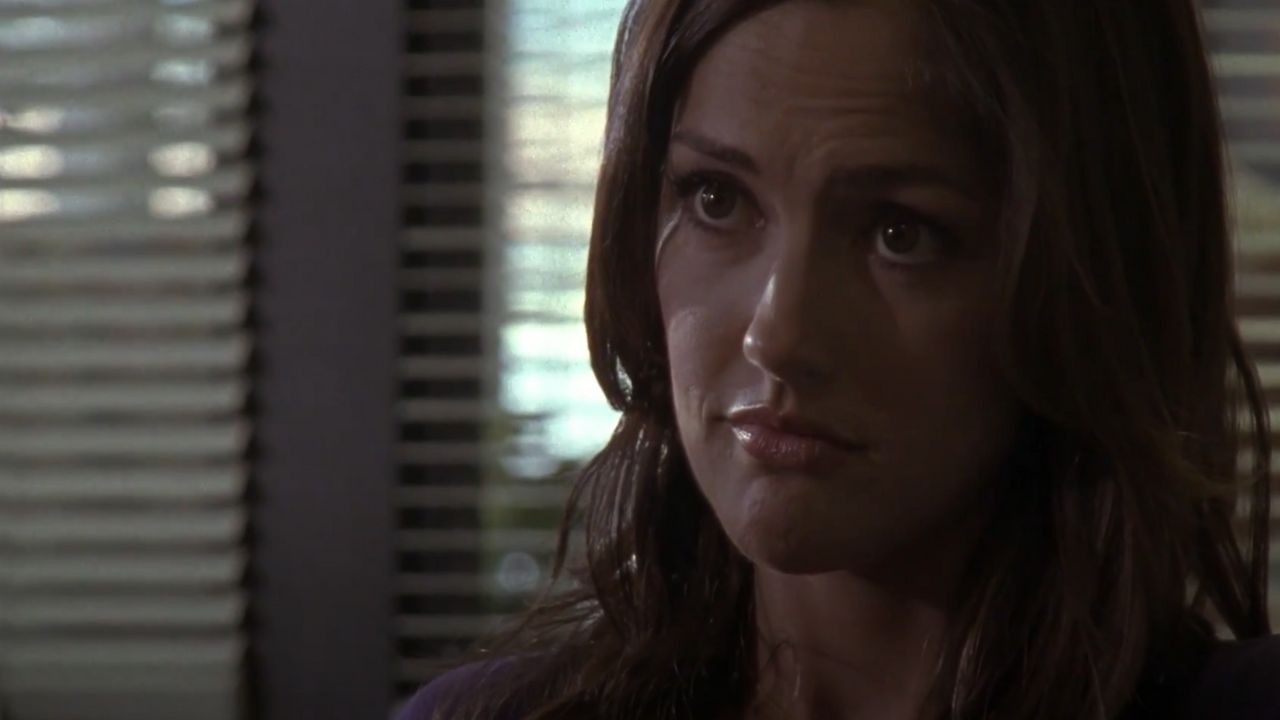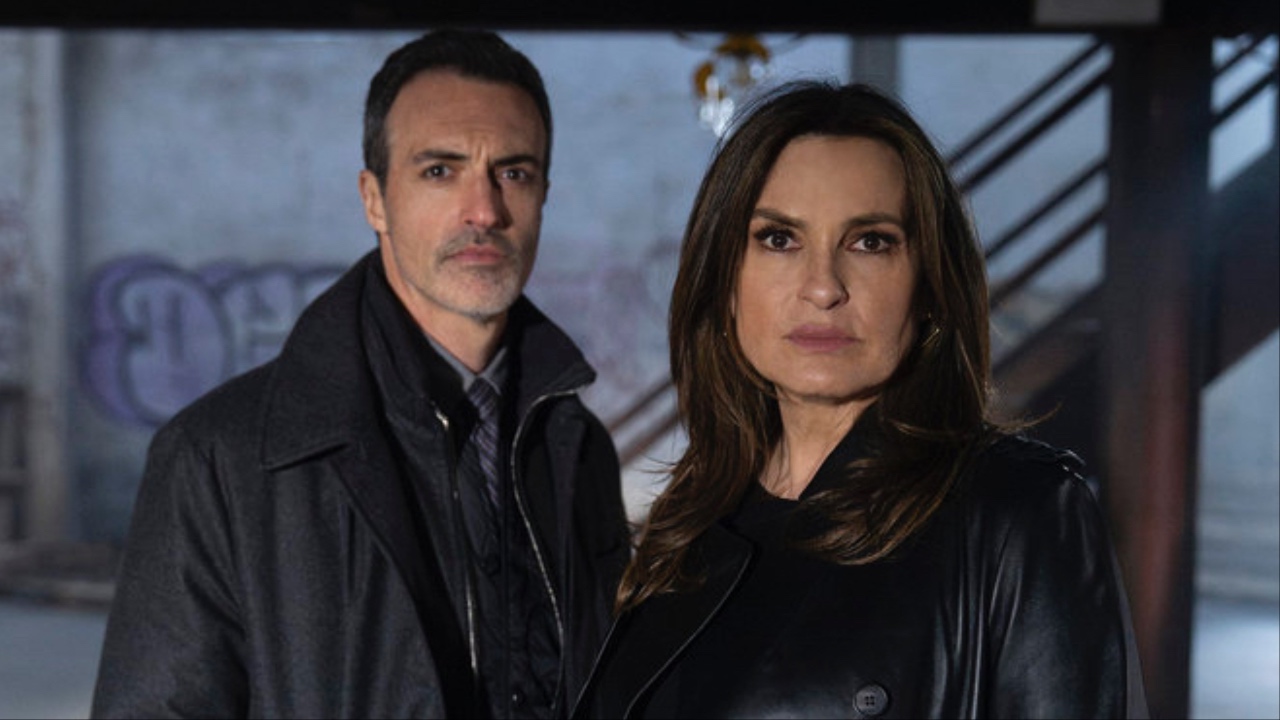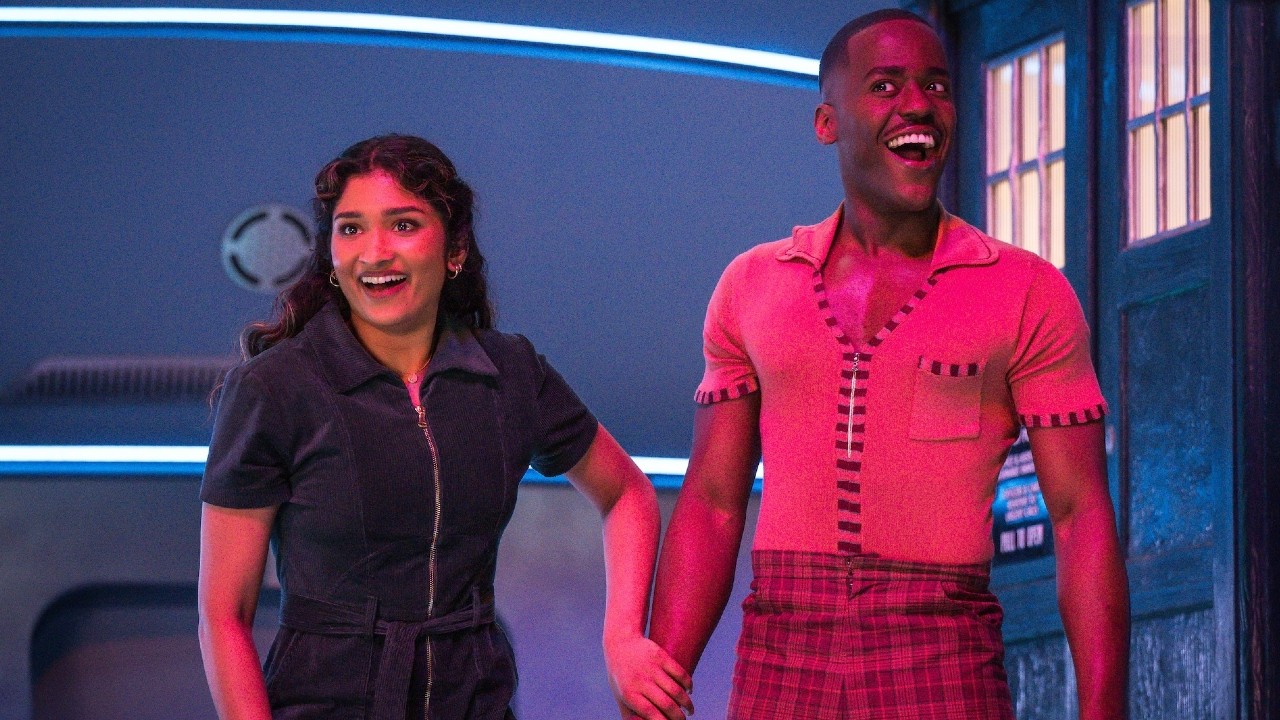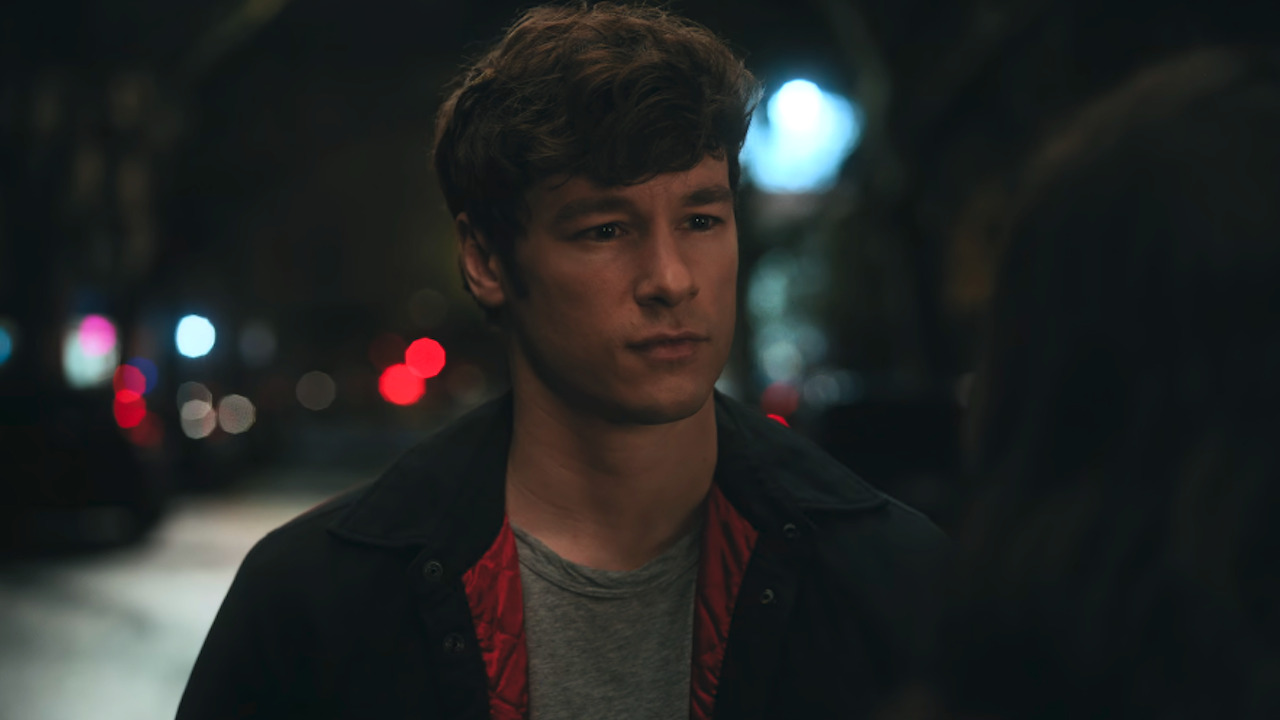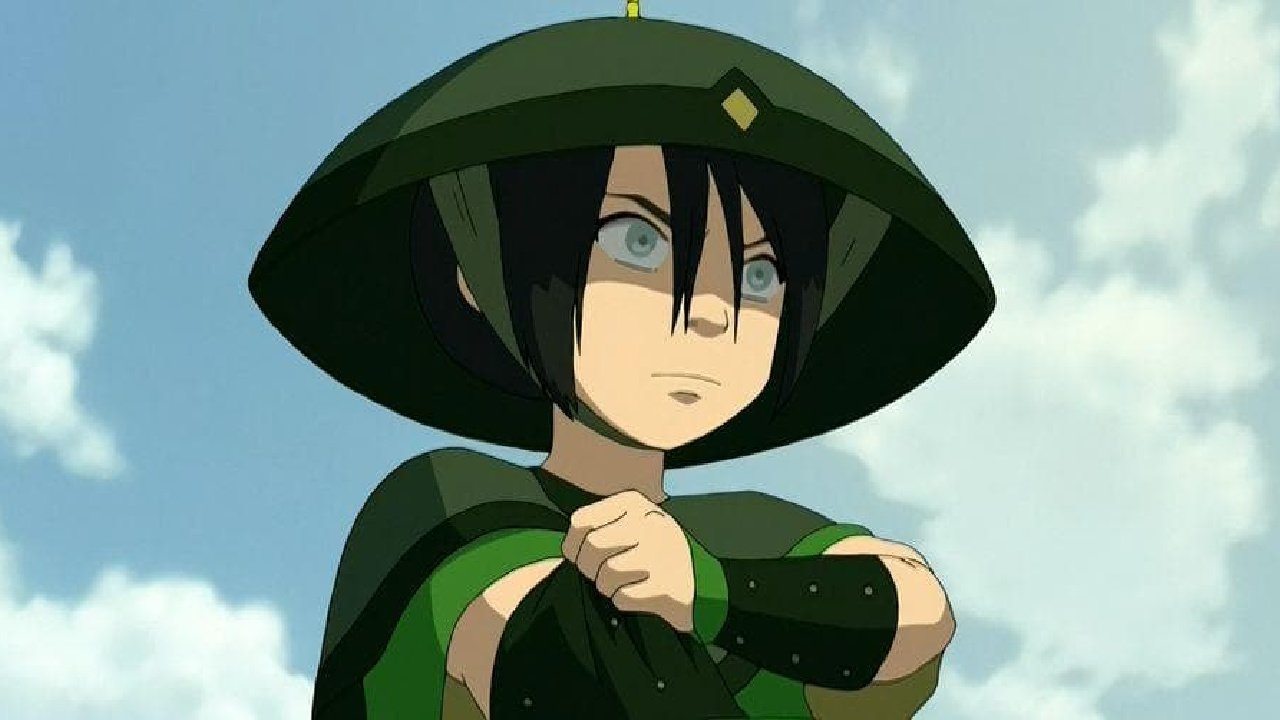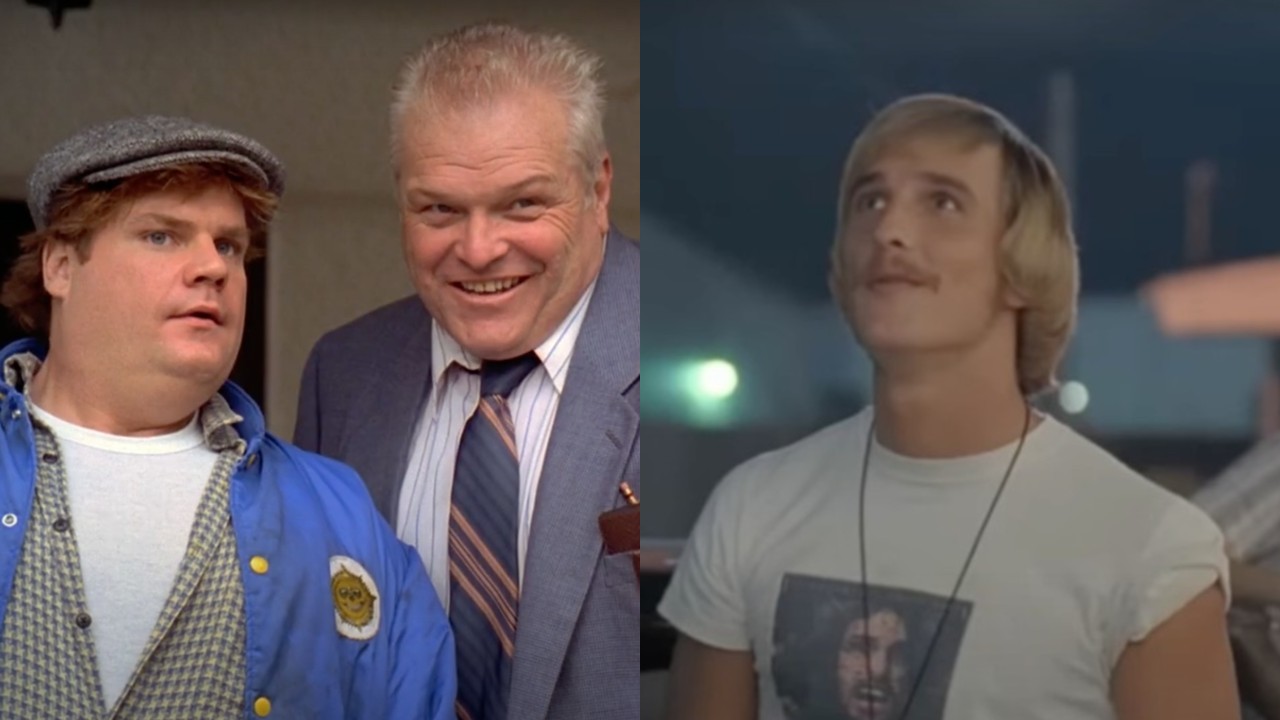6 Big Things Star Trek: Discovery's Two-Part Premiere Showed Us
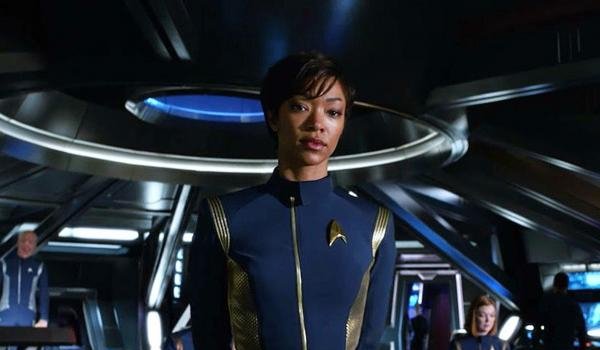
SPOILER WARNING: The following article contains spoilers for the first two episodes of Star Trek: Discovery. If you have not yet watched them, and don't wish to know any important details before you get the chance, please bookmark this page and return when you're done!
It's been more than 12 years since Star Trek: Enterprise went off the air, and while that created a crazy long Star Trek drought on the small screen, the drought ended tonight. After an extensive development period, Star Trek: Discovery is now available for fans' viewing pleasure, with CBS debuting the first episode on network television and launching the follow-up exclusively on their CBS All Access streaming service. It's a pair of eventful episodes that establishes a crop of new characters and a new time period in Star Trek lore, and offers a lot to digest as the show rockets into its 15-episode first season.
But what are the main takeaways from this first adventure? After attending the show's premiere in Los Angeles, California last week and getting an early look at the show, we've broken it all down. So read on and dive into everything Star Trek: Discovery set up for the future!
Michael Burnham Has Some Serious Internal Conflict Going On
Michael Burnham (Sonequa Martin-Green) is biologically human, but her upbringing was not on Earth. Rather, she was raised as a Vulcan by Spock's father, Sarek (James Frain), and having attended the Vulcan Learning Center as well as the Vulcan Science Academy, she has long valued logic over emotion. When we first meet her in Star Trek: Discovery, however, we learn that her humanity is far from silenced.
Serving alongside Captain Georgiou (Michelle Yeoh) for seven years has allowed her emotional instincts to resurrect themselves. Unfortunately, this isn't all that great from an internal conflict standpoint, as a classic nature vs. nurture battle is contained in the character, which should wind up creating plenty of drama throughout the first season. The two-parter alone gives us an ample look at this while the crew of the USS Shenzhou experiences some serious outer conflict as contact is made with a seriously aggressive Klingon force. Speaking of which...
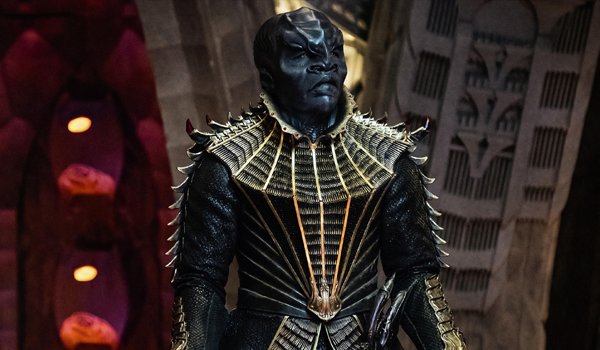
Where Things Stand With The Klingons
The first episode of Star Trek: Discovery features what is actually one of the most significant moments in the canon of the franchise: the start of the war between the Federation and the Klingons. It all begins with an encounter between the USS Shenzhou and a Klingon vessel, and it basically all spirals out of control from there.
For years, there has been in-fighting amongst the war-loving alien race, but it winds up being T'Kuvma (Chris Obi) who successfully unites the Klingon houses by shining the light of the legendary Kahless. The Klingons fear the Federation's potential encroachment and make it very clear that they don't have any faith in the idea of "We come in peace." When the various clans come together, the presence of Federation ships proves to be aggression that cannot be lived with, and the conflict that erupts will surely continue to be the background of the series.
CINEMABLEND NEWSLETTER
Your Daily Blend of Entertainment News
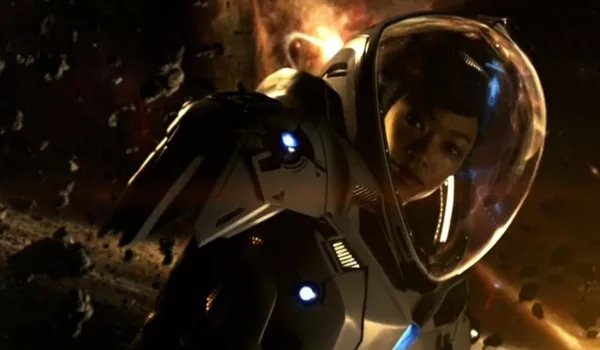
Klingons Are Still Very Much Feared By The Federation -- Michael Included
The encounter between the USS Shenzhou and the Klingons is the first contact made between the two parties after a long time -- but it's made clear that members of the Federation have not forgotten the serious threat that the race represents, and everyone's reaction to Michael's encounter with one in the first episode of Star Trek: Discovery almost makes it seem like they are mythical creatures.
Sadly, the recognition of this threat seems to lead to an overdose of fear, and while arguably making the wrong move, Captain Georgiou leaves the Shenzhou essentially petrified while waiting for back-up. As suggested by Michael, a pre-emptive strike (a.k.a. The Vulcan Hello) could have saved them, but instead, a war is begun that puts a fracture in the politics of the universe. From the way things are set up, it seems that Star Trek: Discovery will find the Federation playing defense as the interstellar republic faces off against the unified Klingon assault.

Michael and Lt. Saru Don't See Eye To Eye At All
In relation to Michael Burnham: if Sarek is like her father, and Captain Georgiou is like her mother, then Lt. Saru (Doug Jones) comes across as a nervous, risk-averse sibling. Saru and Michael serve side-by-side on the USS Shenzhou, with the former as the chief science officer, but they prove to have very different philosophies and approaches in moments of conflict. Being a Kelpien, Saru is actually genetically dispositioned to stay away from danger - as part of being hunted as prey on their home planet resulted in evolution that allows them to sense the coming of death.
This doesn't quite sync with how Michael sees things, however, as evidenced by the aforementioned Vulcan Hello approach when dealing with the Klingons. As the show continues, we will evidently see more interaction between Saru and Michael aboard the USS Discovery, and it will be interesting to see how their relationship evolves and if/how Saru changes as they continue to do battle with an alien race practically defined by their aggression.
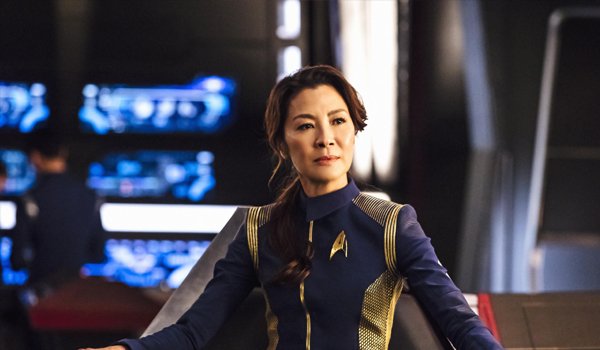
Michael Will To Go To Extreme Lengths To Do What She Thinks Is Right
There are a number of episodes from every Star Trek series that feature leads and key characters doing drastic and debatably immoral things, but Star Trek: Discovery makes a leap by featuring a serious example in the very first narrative. Michael is very clearly freaked out by her deadly encounter with a Klingon, and she certainly believes that the Vulcan Hello advice she's received from Sarek is the best way to deal with the USS Shenzhou's situation, but that doesn't really excuse her actions.
It's a messed-up thing in general for a Federation officer to use a Vulcan nerve pinch on a captain to seize control of a ship, but it's kind of worse when said captain has been like a mother to said officer. Of course, by the end of the two-parter, it's an action that is not without damning consequence, and that will surely have a key impact on the trajectory of the series.
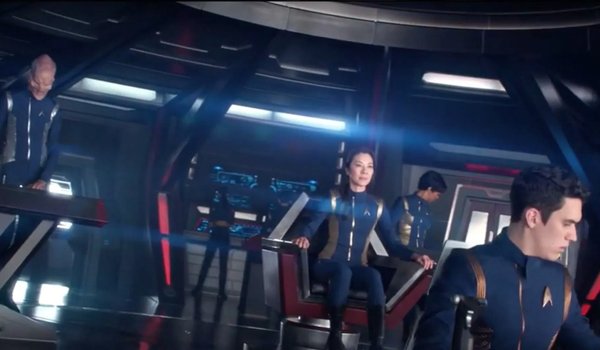
J.J. Abrams' Style Is The New Style Of Star Trek
J.J. Abrams has admitted that Star Trek was never really his thing prior to helming the 2009 reboot and Star Trek Into Darkness -- but watching Star Trek: Discovery, it seems that the aesthetic he created with those features will continue to define the look of the franchise for the foreseeable future. Despite the new show being set in the years before Kirk was at the helm of the Enterprise, everything still has the same modern futuristic sheen. And, of course, we can't forget the abundance of lens flairs that streak across the screen.
Star Trek: Discovery does look good, and it's made clear that the series has been given a fair budget from CBS. But at the same time, it makes you wonder why they bothered to set the events in the normal canon instead of the Kelvin timeline. If you're going to have the series look like a J.J. Abrams movie, it might as well be fit into the same aesthetically. established universe.
Though some issues were present, Star Trek: Discovery was still a blast to take in, and hopefully fans agreed. Episodes will air every Sunday night exclusively on CBS All Access, so be sure to subscribe if you haven't yet. (And you assumedly did, since you finished this article.) And while waiting for that next new episode, head to our fall premiere schedule to see everything else hitting the small screen soon.

Eric Eisenberg is the Assistant Managing Editor at CinemaBlend. After graduating Boston University and earning a bachelor’s degree in journalism, he took a part-time job as a staff writer for CinemaBlend, and after six months was offered the opportunity to move to Los Angeles and take on a newly created West Coast Editor position. Over a decade later, he's continuing to advance his interests and expertise. In addition to conducting filmmaker interviews and contributing to the news and feature content of the site, Eric also oversees the Movie Reviews section, writes the the weekend box office report (published Sundays), and is the site's resident Stephen King expert. He has two King-related columns.
